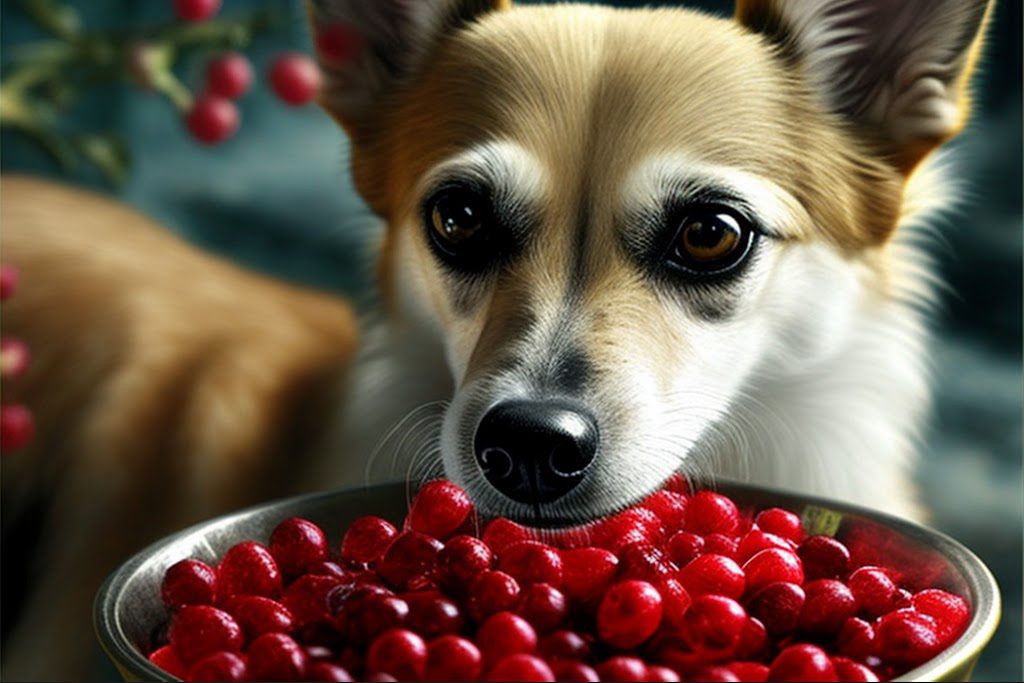Cranberry sauce is generally safe for dogs to eat, but it should be given in moderation due to its high sugar content. Like all fruits, cranberries contain natural sugars that can contribute to weight gain and other health problems if consumed in excess. Additionally, cranberry sauce often contains added sugars and other ingredients that may not be safe for dogs.
It’s important to keep in mind that cranberry sauce is a condiment and should not be a significant part of a dog’s diet. It’s always a good idea to check with a veterinarian before introducing any new food to your dog’s diet, especially if they have any pre-existing health conditions or sensitivities.
If you do decide to give your dog cranberry sauce, make sure it is plain and does not contain any harmful additives such as onions, raisins, or grapes, which can be toxic to dogs. It’s also a good idea to portion out a small serving and monitor your dog’s reaction before giving them more.
Cranberries are a source of antioxidants and may have some health benefits for dogs when consumed in moderation. For example, cranberries may help to prevent urinary tract infections and may have some anti-inflammatory properties. However, it’s important to remember that cranberry sauce is not a replacement for medical treatment and should not be used to treat any medical conditions without the guidance of a veterinarian.
If you want to give your dog the potential health benefits of cranberries, you can offer them fresh or dried cranberries as a treat. Just be sure to follow the same guidelines as you would with cranberry sauce and keep the serving size small. As with any treat, it’s important to remember that treats should only make up a small portion of a dog’s diet and should not be used to replace their regular meals.
In conclusion, cranberry sauce is generally safe for dogs to eat in moderation, but it should not be a significant part of their diet due to its high sugar content. It’s always a good idea to consult with a veterinarian before introducing any new food to your dog’s diet and to be mindful of any potential health risks or dietary concerns.




